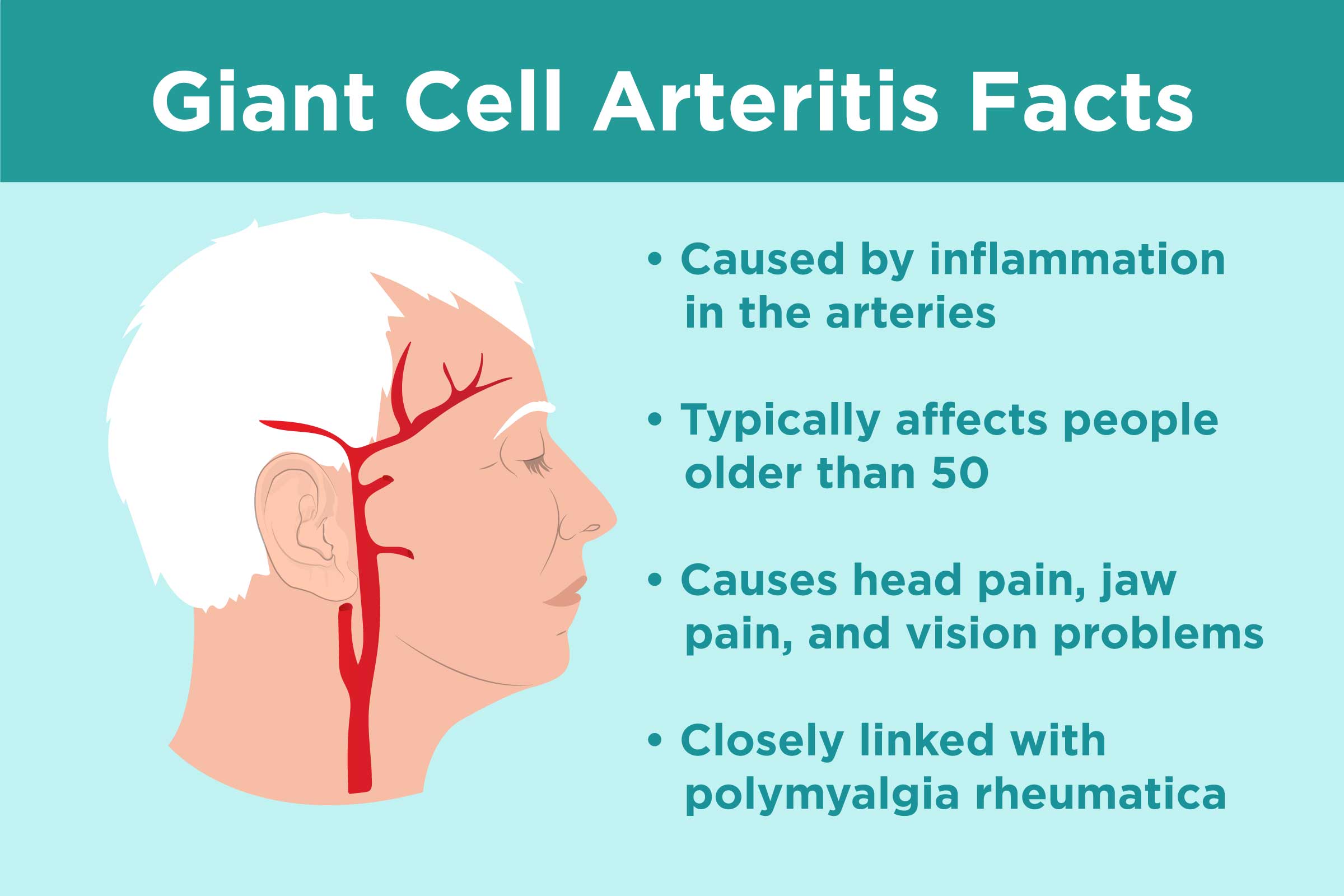An inflammatory condition that affects the large blood vessels in the head, GCA is a little-known disease that can cause big problems if untreated.
Help Us DRIVE Awareness of World AUTOimmune & AUTOinflammatory Arthritis Day
There are 100+ autoimmune and autoinflammatory diseases, but only a few cause inflammatory arthritis early in onset. These are AiArthritis diseases.
What Are Lupus Symptoms — and How Do They Differ From Other Autoimmune Diseases?
Although there’s no clear-cut way to diagnose this condition, certain symptoms can clue you into the presence of lupus.
Australians with moderate to severe lupus nephritis may soon have a targeted treatment option. Here’s how you can help us get this medication subsidised through the Pharmaceutical Benefits Scheme.
World Arthritis Day 2025: Keeping Your Dreams Alive
This year, for World Arthritis Day 2025, we asked our community to share the goals, hopes and visions that keep them moving forward. Here’s what they told us.
Help Us DRIVE Awareness of World AUTOimmune & AUTOinflammatory Arthritis Day
There are 100+ autoimmune and autoinflammatory diseases, but only a few cause inflammatory arthritis early in onset. These are AiArthritis diseases.
When Bel Vidal developed osteoarthritis, a foreboding memory of her grandfather made her anxious about her future health — until she explored that memory further.
Not a Failure: Changing the Language We Use to Talk About Our Bodies and Illness
"The language of chronic illness often sets up a relationship of a winner and loser, successes and failures. It makes me feel if I’m struggling with my symptoms or if I ‘fail’ my medication, I’m not fighting hard enough or being a strong enough warrior.”
Travelling with Autoimmune Arthritis: How to Stay Healthy and Safe
Are you worried about managing your autoimmune arthritis while travelling? A bit of forward planning can help you stay healthy and safe and have a wonderful time. We share our top tips to help you kick off your journey.
Do you use paracetamol for your pain? Learn about how access rules for this popular product have changed, why and what the changes might mean for you.
Expansion of Free Access to the Shingles Vaccine: You Could Be Eligible
More immunocompromised Australians now have free access to the shingles vaccine. This includes people on advanced treatments for autoimmune conditions. Could you be eligible?
Abatacept (Orencia) shortage – August 2024 Update
Were you affected by the abatacept (Orencia®) shortage this year? If so, we have great news. The supply situation in Australia has improved and you may be able to return to your previous treatment regime.
Australians with moderate to severe lupus nephritis may soon have a targeted treatment option. Here’s how you can help us get this medication subsidised through the Pharmaceutical Benefits Scheme.
Have Your Say About Consumer and Community Involvement in Health and Medical Research
Are you interested in the role health consumers play in planning and conducting health and medical research in Australia? Here’s your chance to have your say about how we can help shape the research that affects us.
New Inquiry Aims to Report on the Experiences of Women in Pain
Are you concerned about how women’s pain is handled across our health system? Allow us to share your thoughts and experiences in a new Inquiry into Women’s Pain.
Did you know children get arthritis, too? A new juvenile arthritis awareness campaign and a new research registry aim to improve the lives of young Australians with arthritis.
New Study Outlines Patients’ Perspectives on Taking Osteoporosis Medication
A recent Australian study shows why many people with osteoporosis stop taking prescribed medications and what can be done to improve their adherence and outcomes.
Report Reveals the Impact of Opioid Rules on People With Chronic Pain
A new Painaustralia report shows, since opioid regulations were tightened, 56.2 per cent of people with chronic pain have had their medication cut.
Online support groups are a great place for people with similar conditions to connect no matter where they live. Yet, negativity and judgement can creep in if we’re not careful. Let’s keep these groups safe and special.
How Immunosuppressed People Can Help Each Other With COVID Still Around
Do you still feel anxious as Australia’s COVID restrictions ease? Connecting with other immunocompromised patients may help you feel less alone.
The Unsung Centrelink Allowance That Helps Lead to Other Benefits
A Health Care Card from Centrelink can save a bundle for those with chronic conditions. But, how do you get one if you aren’t on a pension? There is a way.





